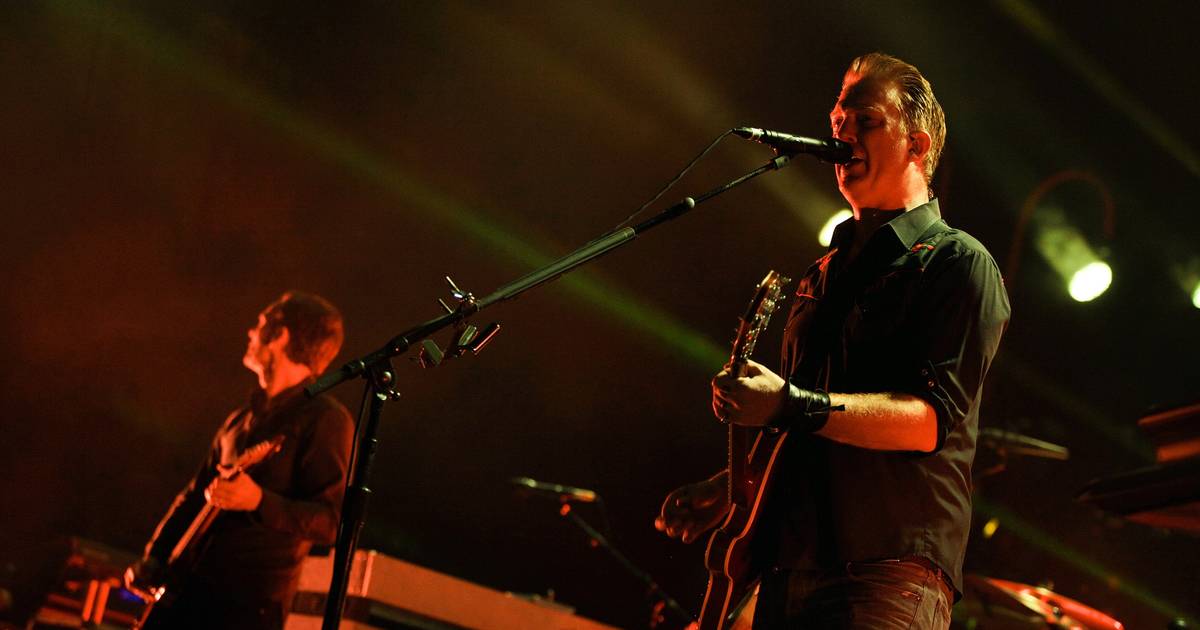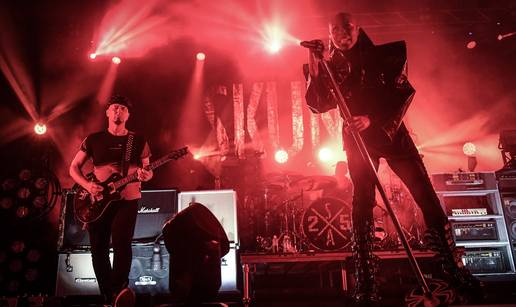Queens of the Stone Age, one of the most important rock bands today, are returning to Zagreb’s Šalata stadium with two concerts on July 22 and 23. After a year-long break, the band started their world tour in the USA, and Zagreb is one of the few European cities where they will perform two consecutive concerts. The tour includes about 40 concerts in large venues and festivals worldwide. Media praise the rich setlist featuring hits like “No One Knows,” “Go With the Flow,” and “Song for the Dead.” The band is known for energetic live performances and has a rich history with members such as Josh Homme and Dave Grohl. This tour is one of the most important rock events of the year in the region.
Political Perspectives:
Left: Left-leaning outlets emphasize the cultural significance of Queens of the Stone Age as a pioneering rock band with a history of innovation and artistic integrity. They highlight the band’s return as a positive cultural event, focusing on the diversity of their music and the energy of their live performances. The narrative often includes appreciation for the band’s roots in alternative and stoner rock scenes and their influence on modern rock music.
Center: Centrist sources report the facts of the tour and concerts straightforwardly, focusing on the logistics, dates, and venues. They highlight the band’s popularity and the significance of the concerts for the local music scene without much editorializing. The emphasis is on the band’s successful career, the setlist, and the excitement around the return after a break.
Right: Right-leaning media may emphasize the band’s status as a symbol of classic rock values and the importance of live music events in supporting cultural traditions. They might highlight the band’s longevity, the dedication of their fan base, and the economic benefits of hosting international acts. The narrative could also stress the band’s role in maintaining rock music’s relevance in a changing musical landscape.






